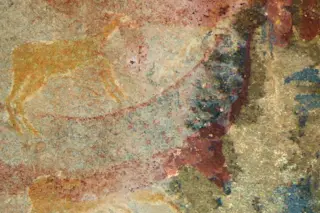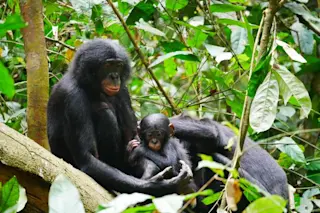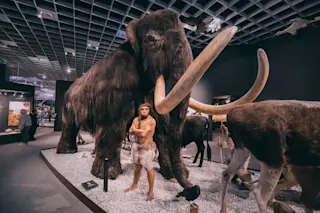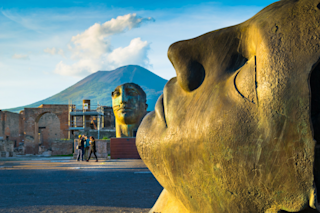Humans have an extraordinary capacity for selflessness. We often help complete strangers who are unrelated to us, who we may never meet again and who are unlikely to be able to return the favour. More and more, we are being asked to behave in selfless ways to further the common good, not least in the race to tackle climate change.
Given these challenges, it's more important than ever to understand the roots of cooperative behaviour. From an evolutionary point of view, it can be a bit puzzling because any utopic society finds itself vulnerable to slackers, who can prosper at the expense of their peers while contributing little themselves. When cheaters can all-too-easily prosper, it should be difficult for altruistic behaviour to persist.
Nonetheless, persist it does, and psychological experiments suggest that punishment is part of the glue that binds a cooperating society together. In general, we as a species ...













